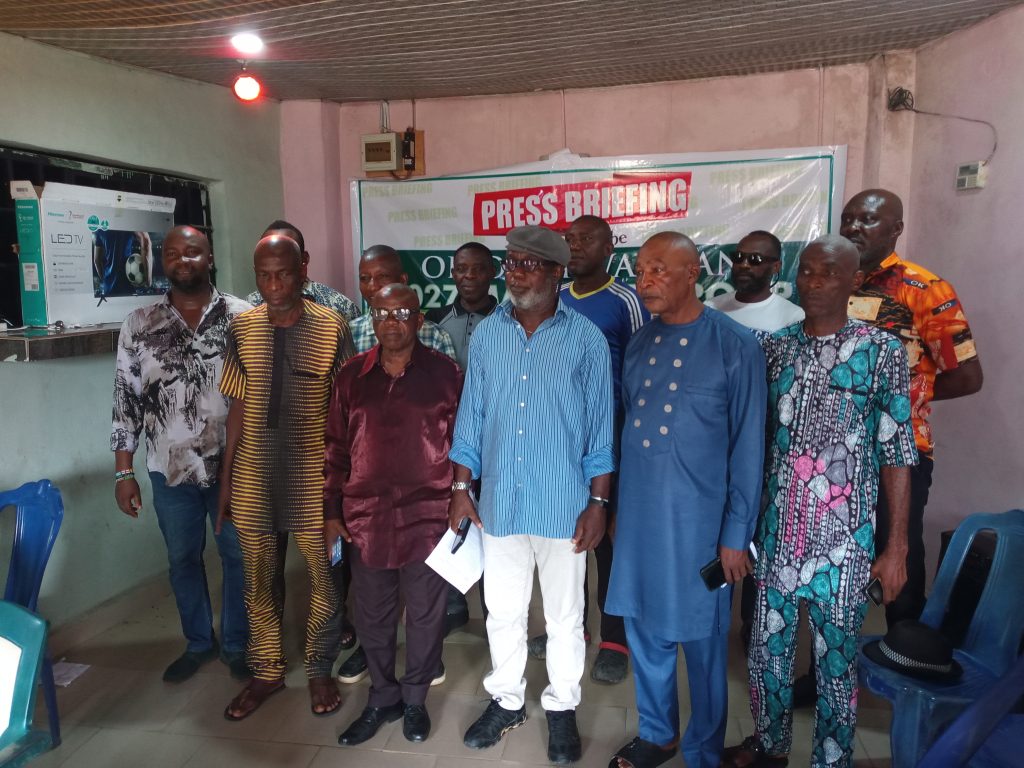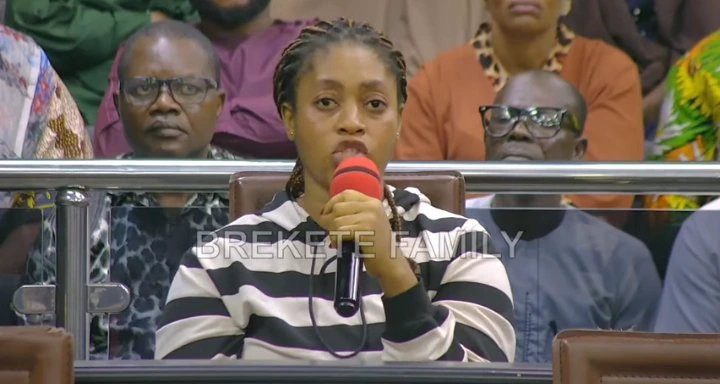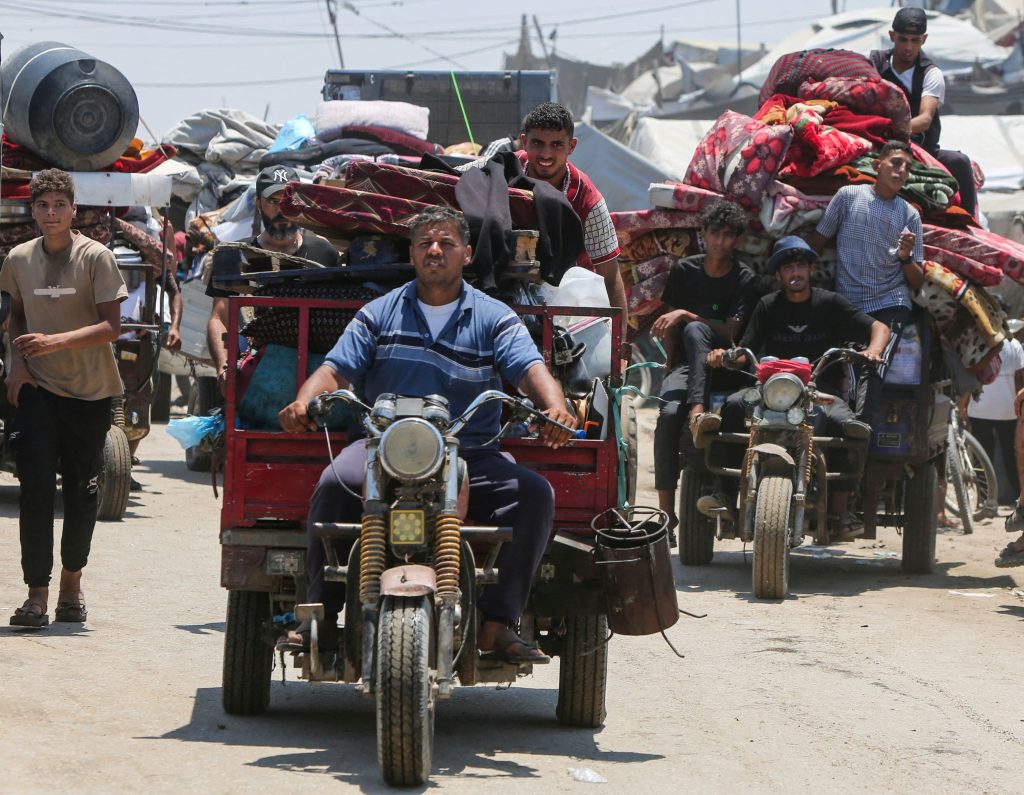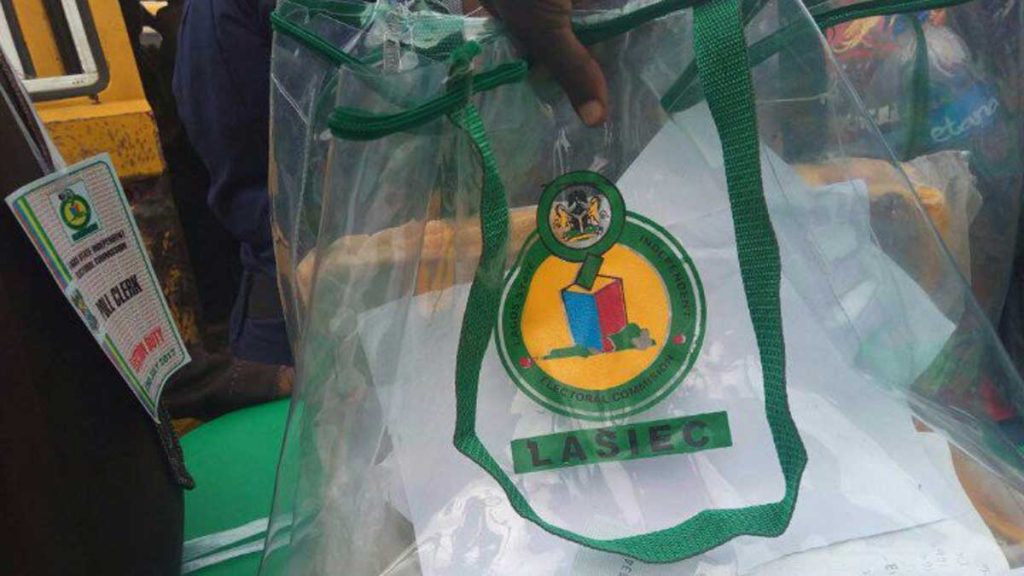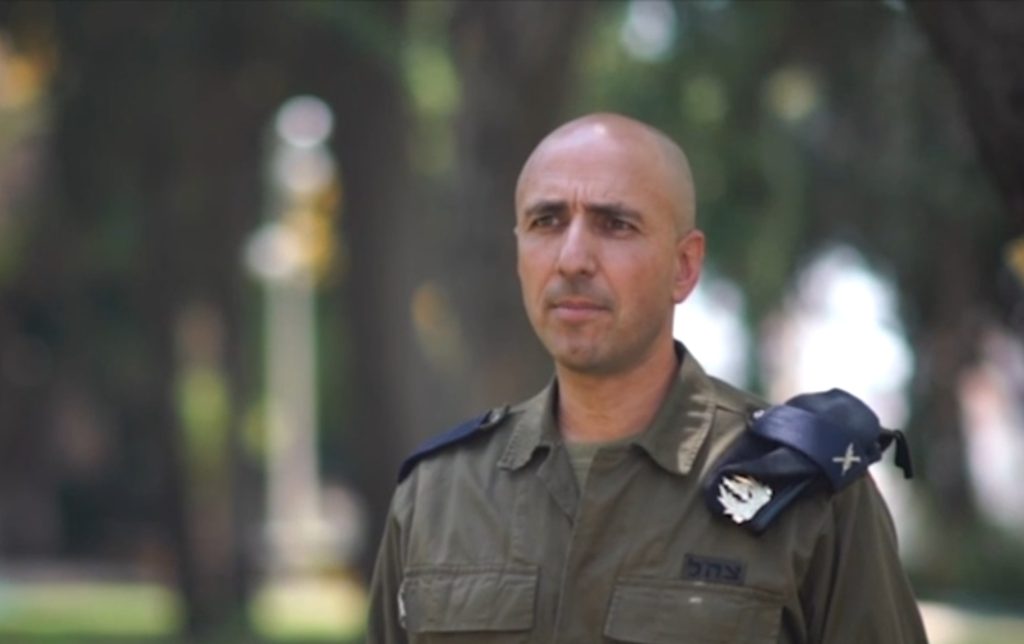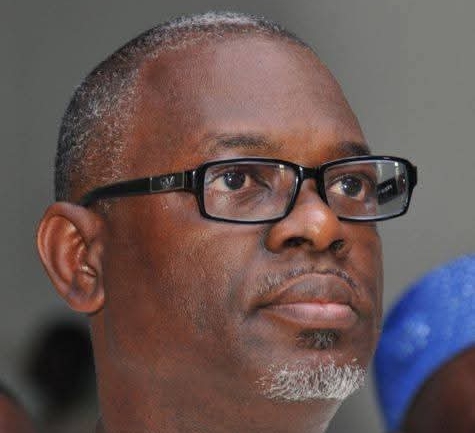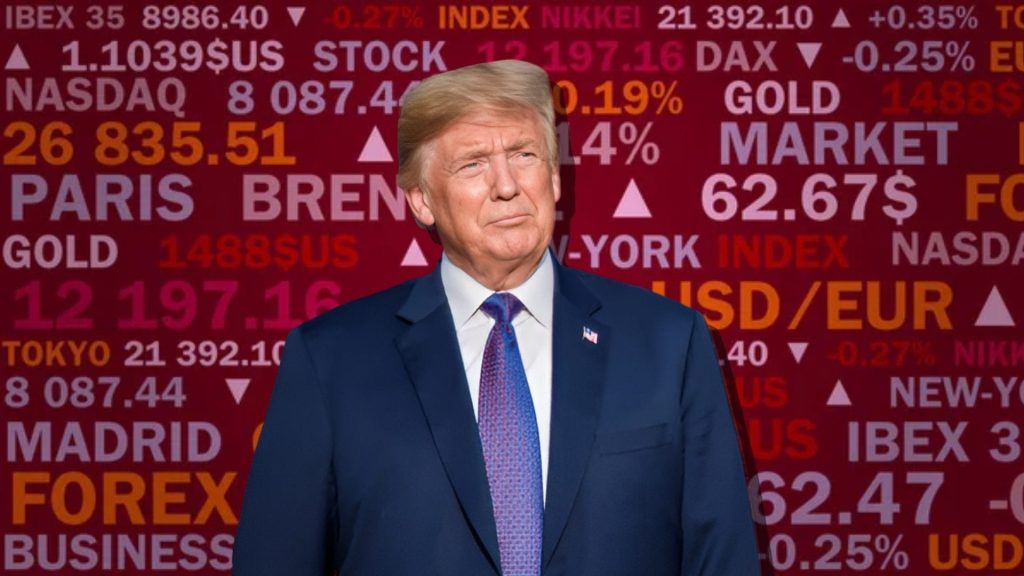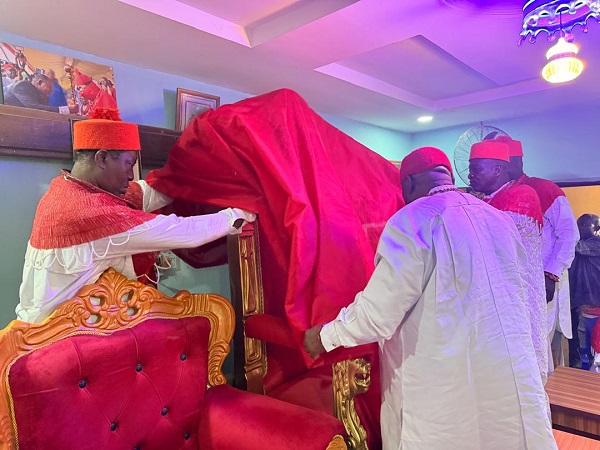Featured
Okpe vs Urhobo: The identity clash continues unresolved
DDM News

The controversy over the identity of the Okpe people has resurfaced in a heated exchange between prominent leaders.
Akpederin Kingsley Ehensiri, the General Secretary of the Okpe Union (Worldwide), has responded to Ochuko Tonukari’s concerns on the issue.
On June 28, 2019, Ehensiri addressed Tonukari’s call for a reappraisal of his views on Okpe-Urhobo relations.
Diaspora digital media (DDM) gathered that he emphasized that social media misrepresents his broader activism beyond the Okpe identity struggle.
He pointed to his advocacy on federalism, workers’ welfare, education, and disability rights as proof of his wider concerns.
Ehensiri rejected the claim that he focuses only on Okpe and Urhobo issues in his public engagements.
He questioned why people differentiate Okpe from Urhobo but do not separate other Urhobo clans like Ughelli or Agbarho.
He argued that historical records support Okpe’s distinct identity within the greater Urhobo ethnic classification.
He cited the formation of the Okpe Union in 1930 as evidence of early Okpe self-recognition.
In 1948, the Okpe people, through the Okpe Union, demanded a separate division in the Warri/Delta Province.
He acknowledged that Mukoro Mowoe’s leadership balanced Okpe, Urhobo, and Isoko interests during the colonial era.
He recalled a UPU delegation that pleaded with the Okpe monarch, Esezi II, to encourage Okpe participation in UPU activities.
Instead of joining, the Okpe monarch donated £500 in appreciation of UPU’s past support to Okpe causes.
He contrasted Mowoe’s leadership with that of later Urhobo leaders, whom he accused of arrogance and exclusion.
Ehensiri criticized a 1987 UPU petition against Okpe holding two out of three local government headquarters in Delta Central.
He argued that Sapele had always been an administrative center independent of Urhobo divisions since colonial times.
He suggested that Mowoe would not have opposed Okpe’s political and territorial gains.
He also condemned Urhobo resistance to the teaching of the Okpe language in Okpe schools.
He shared an incident in a Sapele church where Urhobos shouted down an Okpe deacon for speaking the Okpe language.
He claimed that Okpe members of UPU faced discrimination whenever they spoke their language within the organization.
He described their treatment as humiliating and discouraging for Okpe integration into Urhobo political structures.
He emphasized that Okpe is a vast ethnic group with 11 clans and 13 administrative districts.
He argued that Okpe’s political representation should reflect its size and historical status.
He questioned why Okpe is considered just one of 24 Urhobo clans when it has a significant population.
He noted that Okpe once had a fair share of Delta Central’s political wards, maintaining a 1:2 ratio with Urhobo.
He argued that true unity cannot exist without justice, fairness, and recognition of Okpe’s distinct identity.
He criticized those who dismiss Okpe grievances as mere ethnic agitation.
He stated that Okpe people often blame governmental policies, not Urhobo individuals, for their marginalization.
He acknowledged that Urhobos fear Okpe’s push for recognition could weaken Urhobo political unity.
However, he dismissed the idea that mere nomenclature determines political cooperation and voting patterns.
He cited the 1991 Isoko and Urhobo alliance for Felix Ibru’s governorship victory as an example of inter-ethnic unity.
He argued that recognizing Okpe separately could benefit both Okpe and Urhobo politically.
He highlighted that national resources and appointments often favor officially recognized ethnic groups.
He pointed to the National Defence Academy (NDA) slots, which were allocated based on ethnic representation.
He argued that had Okpe been recognized separately, Delta Central would have had two slots instead of one.
He also mentioned oil surveillance contracts that were distributed based on ethnic considerations.
He suggested that Okpe’s recognition would increase political and economic opportunities for Delta Central.
He criticized Urhobo leaders for prioritizing unity at the expense of Okpe’s distinct identity.
He stated that economic competitiveness should be a greater concern than ethnic classification.
He pointed out that Okpe and Urhobo communities lag economically compared to other groups in Delta State.
He urged leaders to focus on economic advancement rather than suppressing Okpe’s cultural and political aspirations.
He emphasized that language suppression is a major injustice against Okpe people.
He argued that forcing Okpe people to use the Urhobo language violates their cultural rights.
He referenced United Nations conventions that protect indigenous languages and cultural identities.
He warned that Okpe activists would take the Delta State government to an international tribunal if their demands are ignored.
He insisted that Okpe’s identity movement is an internal affair that should not threaten Urhobo interests.
He called on Urhobo leaders to understand and respect Okpe’s position rather than resist it.
He concluded by thanking Ochuko Tonukari for his engagement on the issue.
He reiterated that his activism is rooted in broader social justice, not just Okpe identity.
He assured that his fight extends beyond ethnicity to human rights and fairness in governance.
The Okpe identity agitation remains a contentious issue in Delta politics.
The unresolved tensions between Okpe and Urhobo continue to shape political dynamics in the region.
For Diaspora Digital Media Updates click on Whatsapp, or Telegram. For eyewitness accounts/ reports/ articles, write to: citizenreports@diasporadigitalmedia.com. Follow us on X (Fomerly Twitter) or Facebook



